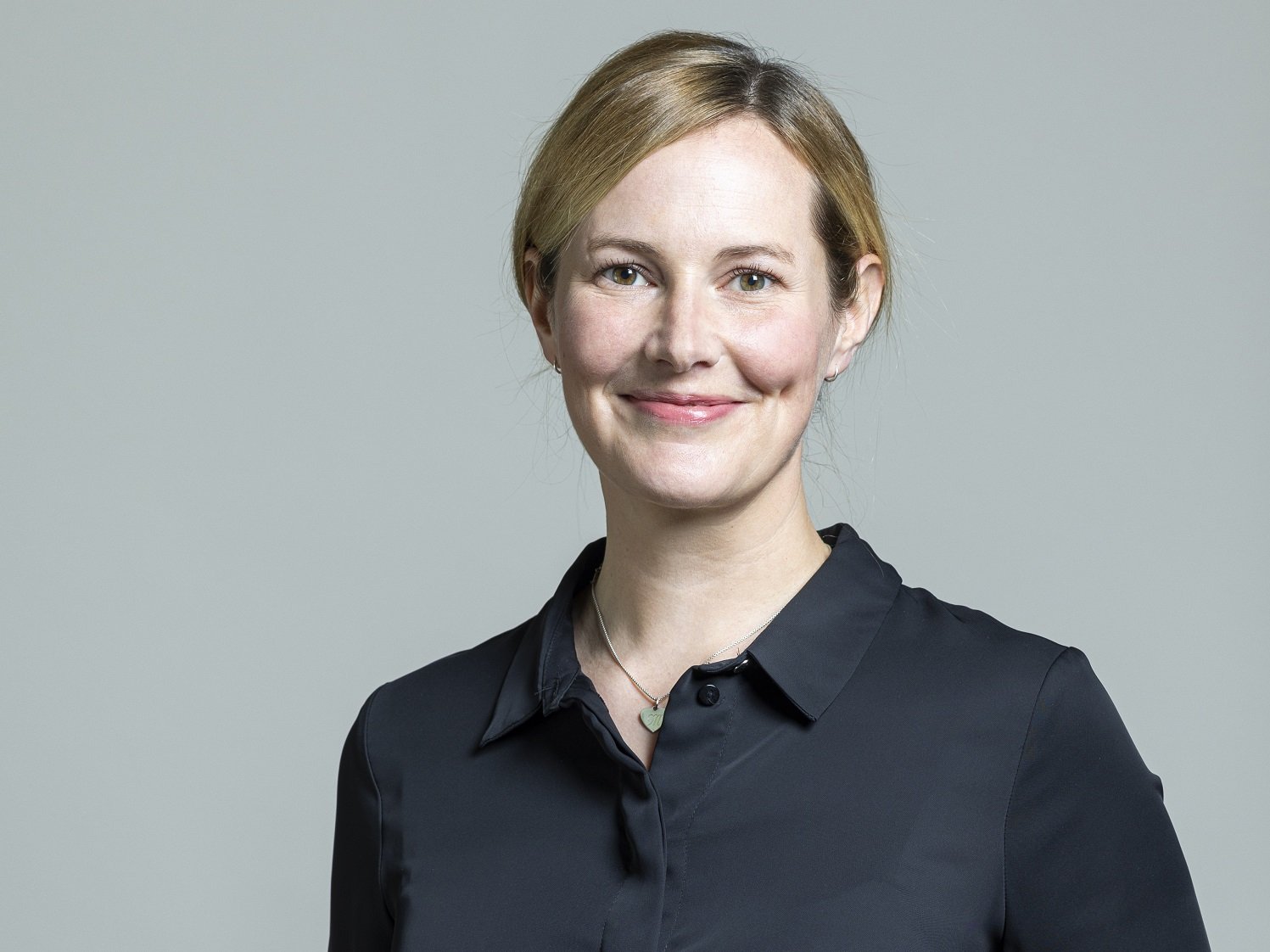+49 234 36186 9119
linda.rustemeier@pknrw.de
Do you have any questions about the Department or need further information? Please contact us.
The Department of Computer and Data Science trains its early-career researchers within two structured doctoral programs that offer a wide range of benefits.
By participating in lectures, seminars, workshops, and colloquia offered by the department and the Doctoral School NRW, doctoral candidates expand their academic expertise and strengthen their methodological and transferable skills, equipping themselves for future careers inside or outside academia
Doctoral candidates benefit from supervision by three professors, regular progress meetings, and a mandatory supervision agreement.
The department understands itself as a networking platform. Doctoral candidates exchange ideas within their own research communities and in inter- and transdisciplinary contexts.
The doctoral program investigates applied computer science problems from an inter- and transdisciplinary perspective. It reflects the department’s key research ares in ‘Cyber Security’, ‘Visual Computing’, and ‘Business Informatics’, and is primarily aimed at doctoral candidates with degrees in engineering, natural sciences, social sciences, or business informatics. Accordingly, graduates may be awarded the degree Dr.-Ing., Dr. rer. nat., or Dr. rer. pol. The specific doctoral degree awarded depends on the thematic focus of the dissertation.
The program emphasizes the development of a broad perspective on methodological foundations and disciplinary as well as societal interconnections that go beyond the individual key research areas of ‘Cyber Security’, ‘Visual Computing’, and ‘Business Informatics’.
The doctoral program focuses on research into machine learning (ML) and artificial intelligence (AI) methods for applications in mechanical engineering, industrial engineering, automation technology, and the life sciences. It reflects the department’s key research area ‘Data Science’ and is primarily aimed at doctoral candidates from computer science and related disciplines, including information science, mathematics, physics, mechanical and industrial engineering, statistics, automation and electrical engineering, as well as the geo- and life sciences. Accordingly, a solid foundation in mathematics and strong knowledge in specific areas of computer science, statistics, and the relevant application domains are essential prerequisites. Depending on the focus of the dissertation, graduates may be awarded the degree Dr.-Ing. or Dr. rer. nat.
The program addresses scientific and technical approaches for generating knowledge from data, particularly in cases where traditional applied computer science methods reach their limits or require automation.
Key areas include data collection and preparation, modeling and simulation, analysis and optimization, as well as evaluation and archiving of large, heterogeneous datasets. Through these approaches, innovative technologies are applied in interdisciplinary contexts to create high-quality and efficient solutions at the interface of computer science, natural and engineering sciences, humanities and social sciences, and industry. Methods from ‘Artificial Intelligence’ and ‘Data Science’ are essential for this purpose.
Handreichung zu den in der Abteilung Informatik und Data Science benötigten Exposés (.pdf)
Confirmation of Main Supervision (.docx)
Confirmation of Co-Supervision (informal) (.docx)
Confirmation of Third Supervision (informal) (.docx)
Kurzanleitung (.pdf)
für Promotionen nach dem Promotionsrecht des PK NRW (.docx)
Kurzanleitung (.pdf)
Kurzanleitung (.pdf)
Strukturvorschlag zur Erstellung des jährlichen Fortschrittsberichts in den Promotionsprogrammen der Abteilung Informatik und Data Science (.pdf)
und zum Antrag auf Eröffnung des Promotionsverfahrens (.pdf)
Erklärung zu den vorgelegten Publikationen/Manuskripten (.pdf)
Vorlage für das Protokoll über die Disputation (.pdf)
Druckerlaubnis für die Dissertation (.pdf)
Informationen zur Veröffentlichung der Dissertation (.pdf)
Bestätigung der Einreichung der Pflichtexemplare der Dissertation durch die Hochschulbibliothek (.docx)
of the Department of Computer and Data Science of the Doctoral School for Applied Research in North Rhine-Westphalia from 14.07.2023 (.pdf)
of the Doctoral School for Applied Research in North Rhine-Westphalia dated 31.01.2023 in the version dated 05.05.2025 (.pdf)
Linda Rustemeier, M.A.
Coordination of the Department of Computer and Data Science
+49 234 36186 9119
linda.rustemeier@pknrw.de
Do you have any questions about the Department or need further information? Please contact us.

Department of Computer and Data Science
Do you have any questions about the Department or need further information? Please contact us.